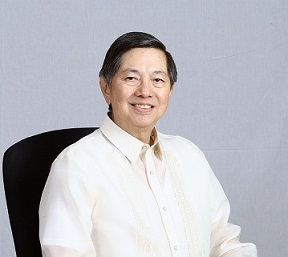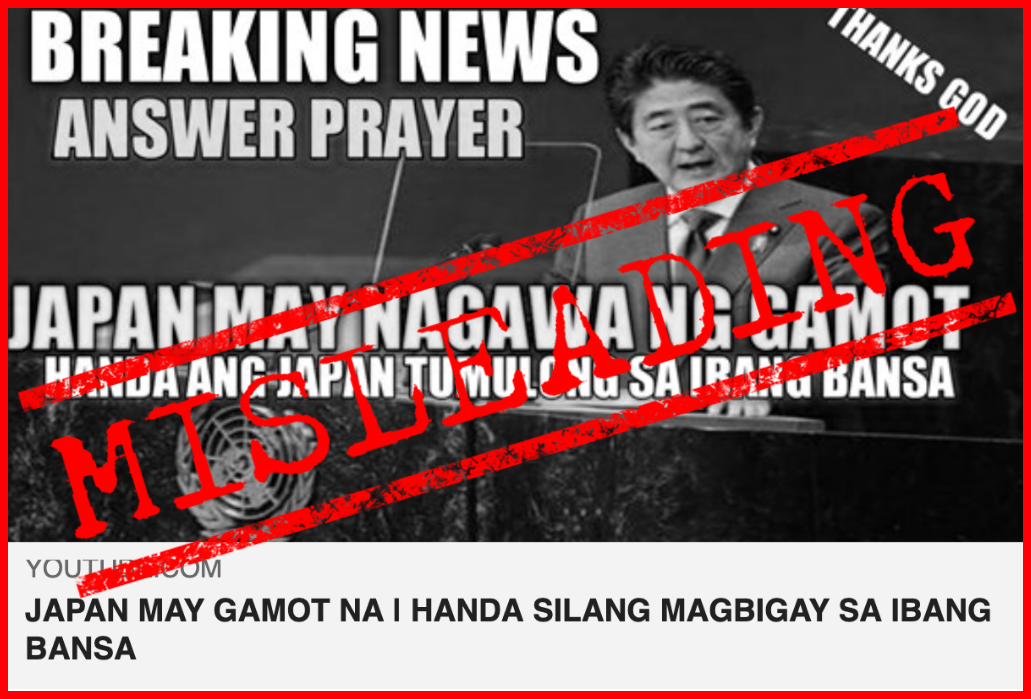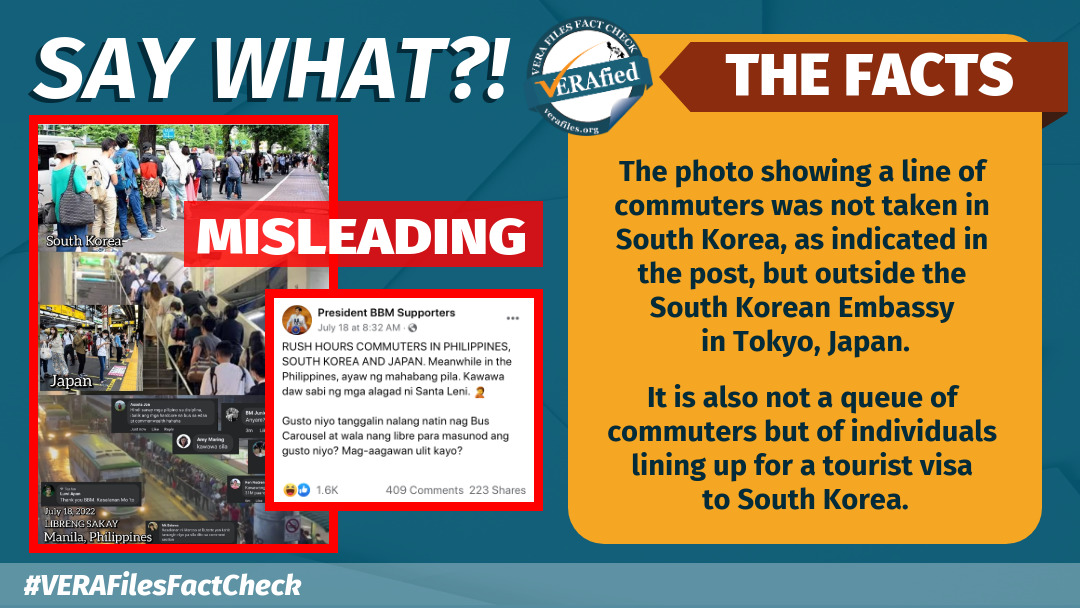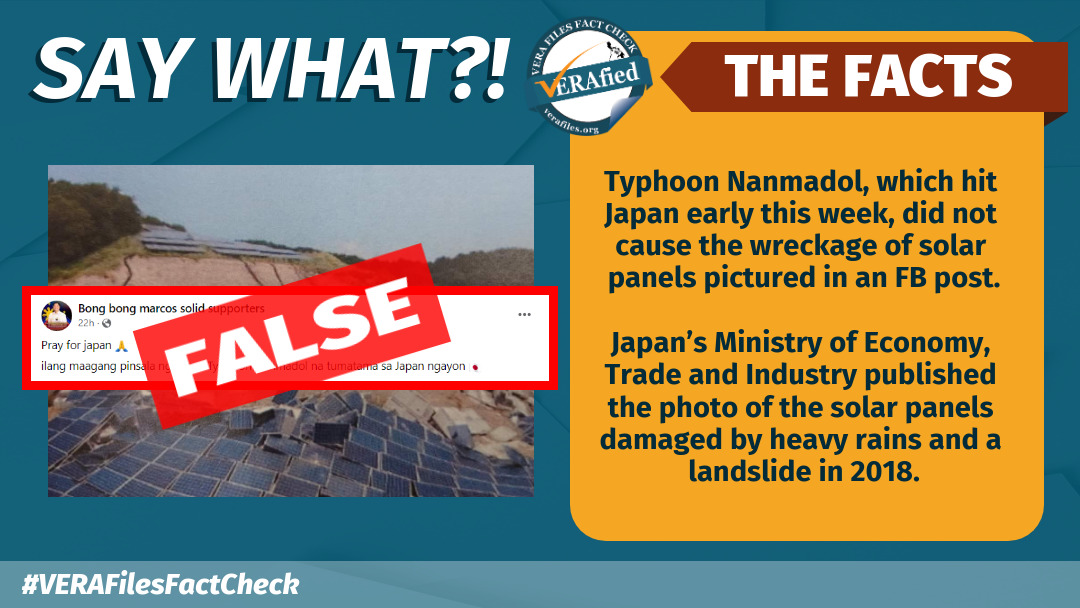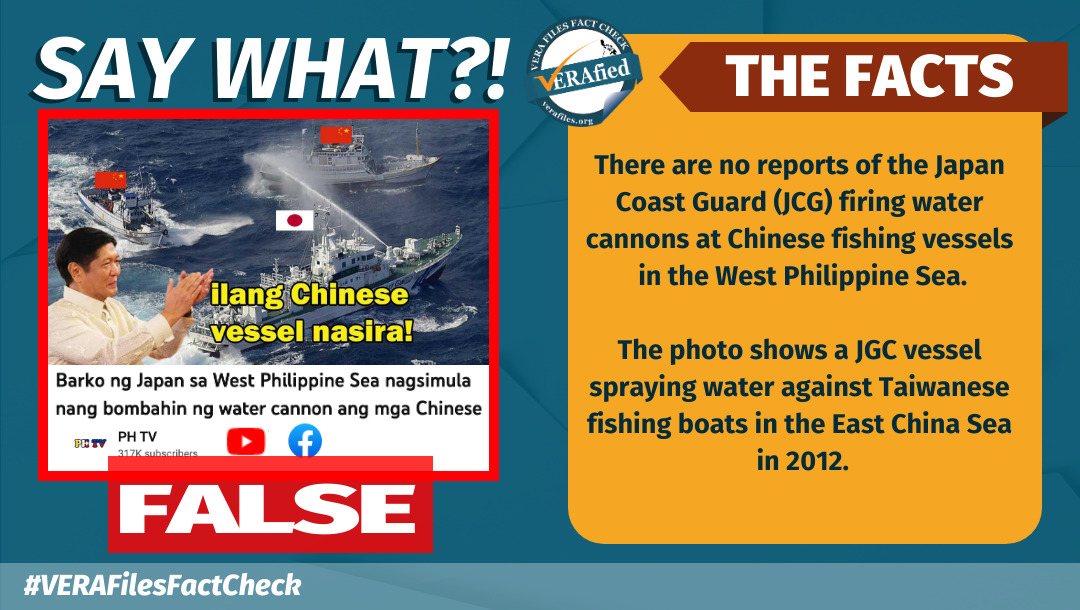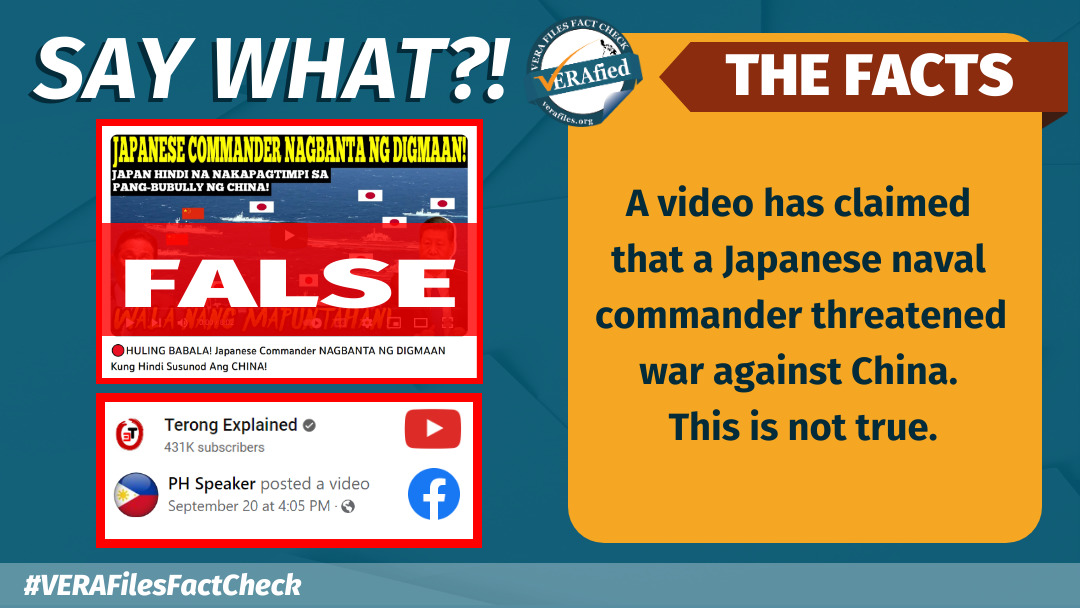By NORMAN SISON
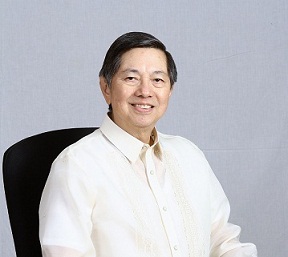
Last July 1, the cabinet of Japanese Prime Minister Shinzo Abe revised its interpretation of the country’s pacifist constitution. Article 9 of the charter, imposed by the United States during its occupation of Japan after World War II, limits the Japanese military to a purely defensive role.
Under its new policy of “collective self-defense”, Japan may now defend an allied country that is under attack even if Japan itself is not under attack. The decision was welcomed by several countries, including the Philippines and the United States while China raised concerns that the shift would move Japan away from the previous policy of “ peaceful path of development.”
Ambassador Manuel Lopez, the Philippines’ envoy to Japan, answered questions from Vera Files via email on how the defense policy will affect Philippine-Japanese security ties.
How do you see the shift in Japanese policy?
The Philippines, like the United States, has long manifested its support for the normalization of Japan’s defense policy, as it strengthens Japan’s ability to play a proactive role as a balancing force in the region.
It covers many aspects of defense such as response to infringements that are not armed attacks against Japan, Japanese logistical support to foreign forces, international peace cooperation activities such as UN peacekeeping operations.
The policy will also benefit Philippine UN peacekeepers. It means that, when working with Japanese Self-Defense Force (JSDF) involved in the same mission, the latter will be able to come to the aid of Filipino peacekeepers should they come under attack.
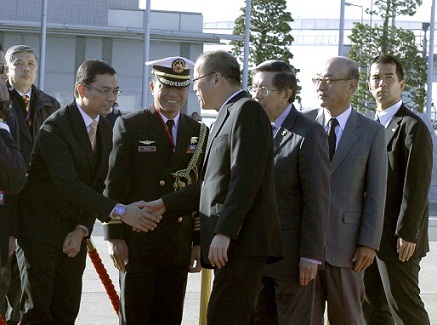
Did Tokyo sound out Manila and its other allies first when it considered the idea of revising its defense policy? Did we play some part in this?
When Japan revised its interpretation of Article 9, it did so with the assurance that it has not abandoned its long-standing commitment to peace. It should also be emphasized that the shift in policy was a sovereign decision of Japan. Neither the Philippines nor any country played any active part in this shift in policy.
We appreciate it that Japan has endeavored to be transparent about the changes in its security policy, and in Prime Minister Abe’s foreign trips since 2013, he has always made it a point to explain his vision of Japan’s “Proactive Contribution to Peace” and his stance regarding the issue of collective self-defense to world leaders.
Does the policy shift mean we can now be more assertive with our maritime rights?
The policy shift does not change the Philippine position in the dispute with China over the West Philippine Sea. The Philippines holds firm on its policy for a peaceful settlement of dispute based on the rule of law including the 1982 UN Convention on the Law of the Sea and on the none-use of force, including the threat to use force.
We have submitted our memorial to the five-member arbitral tribunal, which has given China until December 15 to reply. We have stressed to China that arbitration is a mode for the peaceful settlement of dispute and reiterated the invitation to participate in this legal approach.
Along with this legal approach, the Philippines continues to engage China diplomatically to address other bilateral issues on trade, culture and tourism.
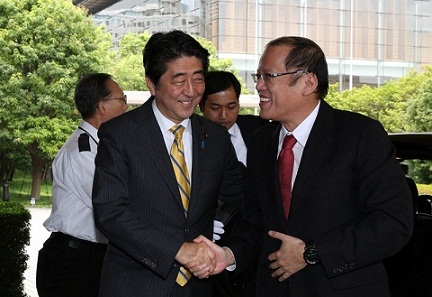
Will we soon see joint Philippines-Japanese military exercises?
There is an annual military-to-military dialogue between the Department of National Defense and the Japanese Defense Ministry, within which avenues for enhanced cooperation are being explored by both sides.
There has been active cooperation between the Armed Forces of the Philippines and the JSDF. The JSDF had sent a small contingent to serve as observers in the Philippine-US Balikatan exercises. They have also worked together especially in the area of disaster relief and emergency response, as very powerfully underscored by the JSDF’s large-scale deployment and valuable contributions during the Typhoon Yolanda response.
Are there any talks in Japan about including military aid in its official development assistance to the Philippines?
Last April, the Abe cabinet revised and relaxed Japan’s export rules. Consequently, Japan now has significantly greater latitude to export defense equipment and technologies to its partners and to participate in multinational defense technology development projects, subject to strict scrutiny and controls on third-party transfers and extra-purpose use.
Do you see the new policy gravitating later into a military alliance in Asia?
This is a major policy question that political leaders in the region have yet to decide.
The question of promoting regional security within a regional, multilateral cooperation context is an important one, however. This is why the Philippines supports the promotion of peaceful dialogue and frank exchanges on security issues based on the notion of ASEAN centrality in the evolving security architecture. Key fora in this regard are the ASEAN Regional Forum and the East Asia Summit.
Does the new policy mean that there is doubt in Japan on the US commitment to defend the country?
Japan continues to regard the Japan-US alliance as the cornerstone of Japan’s security. This was most recently affirmed during President Barack Obama’s visit to Japan last April.
There is no doubt about the US’ security assurances to Japan. This is enshrined as a treaty commitment under Article V of the Japan-US Security Treaty of 1960. The adherence to treaty commitments is sacrosanct in international relations. Any US inability to fulfill its treaty commitments will undermine the effectiveness of its network of treaty alliances around the world, including with other Asia-Pacific countries.
